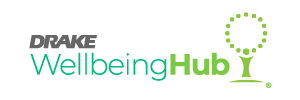Discover our latest articles.
Embracing Diversity as a Leader – Even When Your Personal Views Differ
May 1, 2025
Prioritising Women’s Health: A Vital Investment
Feb 25, 2025
The Role of Self-Compassion in Mental Wellbeing
Jan 27, 2025
How to Pre-Plan for a Successful 2025 by Not Spending All Your Money in December
Nov 25, 2024
Simple Ways to Curb Your Spending in December Without Feeling Left Out (FOMO)
Nov 25, 2024

 CA-EN
CA-EN
 UK
UK
 AU
AU
 US
US
 NZ
NZ
 PH
PH
 ZA
ZA
 SG
SG
 HK
HK








